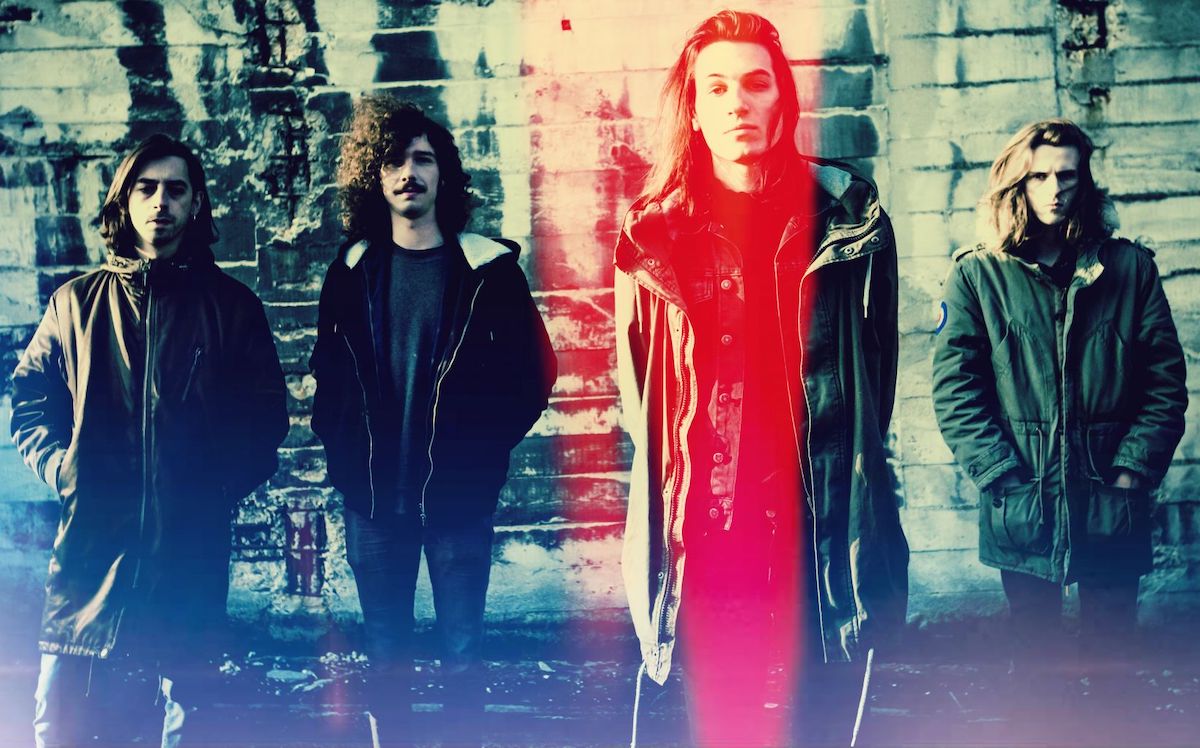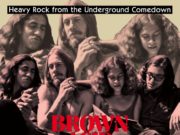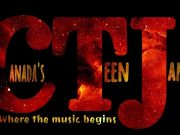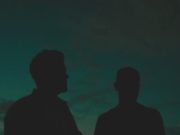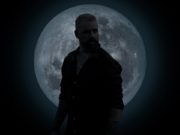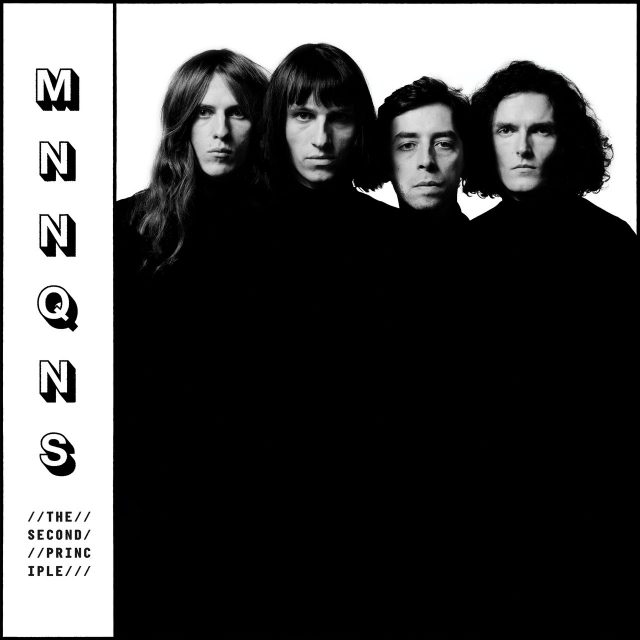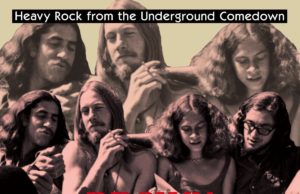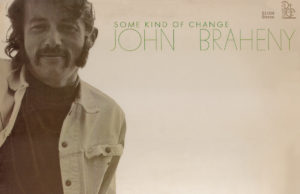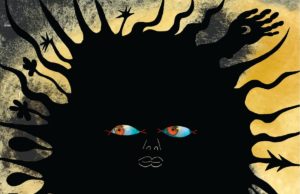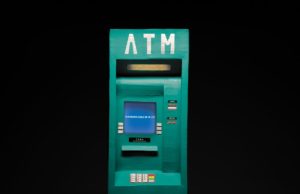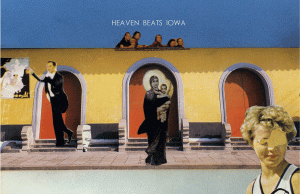THE TRANSLATED & EDITED PRESS RELEASE: “The Second Principle is the sophomore album from Rouen, France quartet MNNQNS. It follows 2019’s Body Negative. The album was recorded in two weeks in Normandy, produced by the band, mixed by Jolyon Thomas (Slaves, Royal Blood, The Horrors) and mastered by Miles Showell at Abbey Road. The album was influenced by thermodynamics, space, H.P. Lovecraft and the retrofuturistic soundtracks of Nine Inch Nails.
“At the time of the first album, we were obsessed with the idea of taking the best song in the world and screwing it up,” MNNQNS founder and leader Adrian says. “We have since freed ourselves from the shackles of style and this has allowed us to make music that now belongs to us much more”.
Indeed. Almost 10 years after the creation of the group somewhere at the bottom of the English Channel straddling France and England, MNNQNS have heated many molecules; that was their first principle. For this second full-length outing, the Norman group opted for the most obvious option: Freedom.
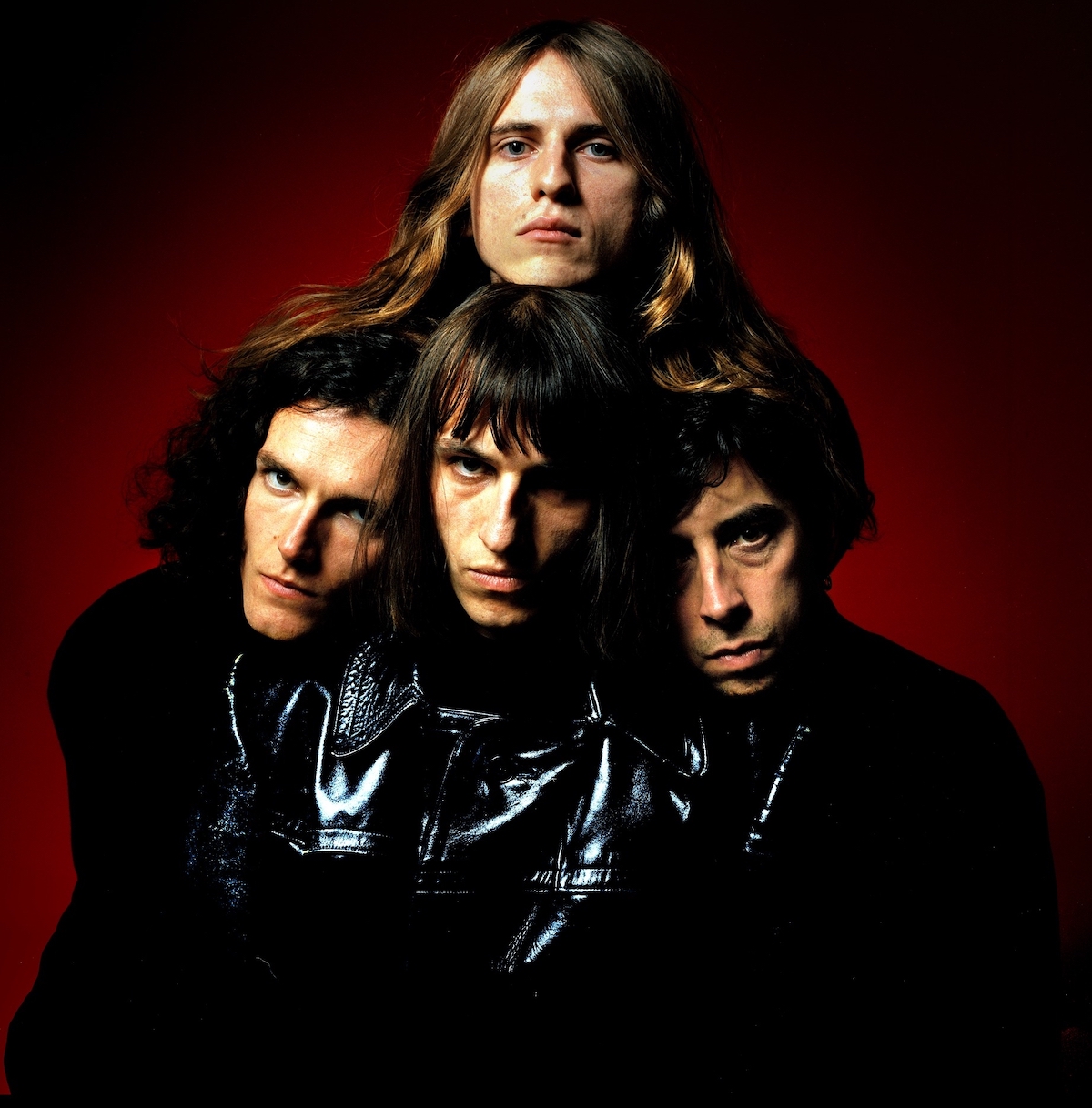
To That end, the band allowed everything: introducing this second album with a choir that sounds like The Beach Boys’ Surf’s Up being performed in a Norman cathedral; a song that resembles an unreleased collaboration Sparks x Franz Ferdinand (Massive Clouds ahead); a track that pays homage to NiN and ’90s Bowie with one of the great surprises of the album (Ultraviolent Ultraviolet); and another that puts them level with The Horrors on their masterpiece Primary Colors (Pacific Trash Patch).
The guitars? There are always some in the background. Not muted, but more discreet. At their side, we now find modular synths, gothic a cappella vocals and urgent songs that let you know the troublesome “long-awaited second album” has been delivered without fear or pain. Or colours for that matter, judging by the cover where the whole group seems to be sucked into darkness and the abyss. In this Black Mirror-style digital world, we find shades of Trent Reznor, Varèse and Philip Glass (the group grants a collective fascination for the music of Koyaanisqatsi). Is it still rock? Certainly. But the group also push their own borders (listen to Satellite, which features echoes of the young tinkering years of Roxy Music with Brian Eno).
Duly liberated, MNNQNS therefore confirm what we actually knew from the start: They have deliberately chosen their stage name very badly. By refusing to fall into the norm and freeing themselves from all constraints, they manipulate the model in front of the stage and prove with talent that the strings are not pulled by anyone else.”
